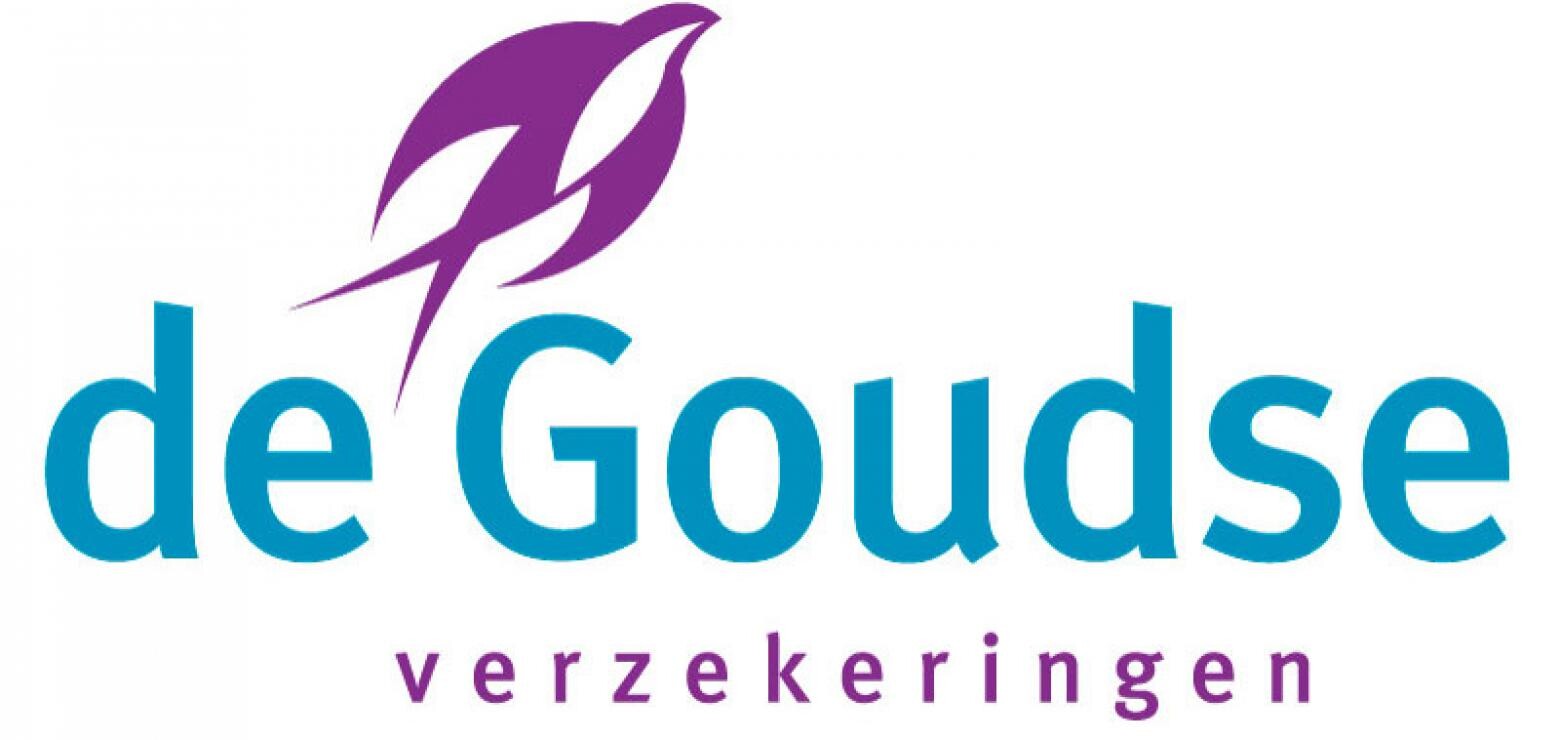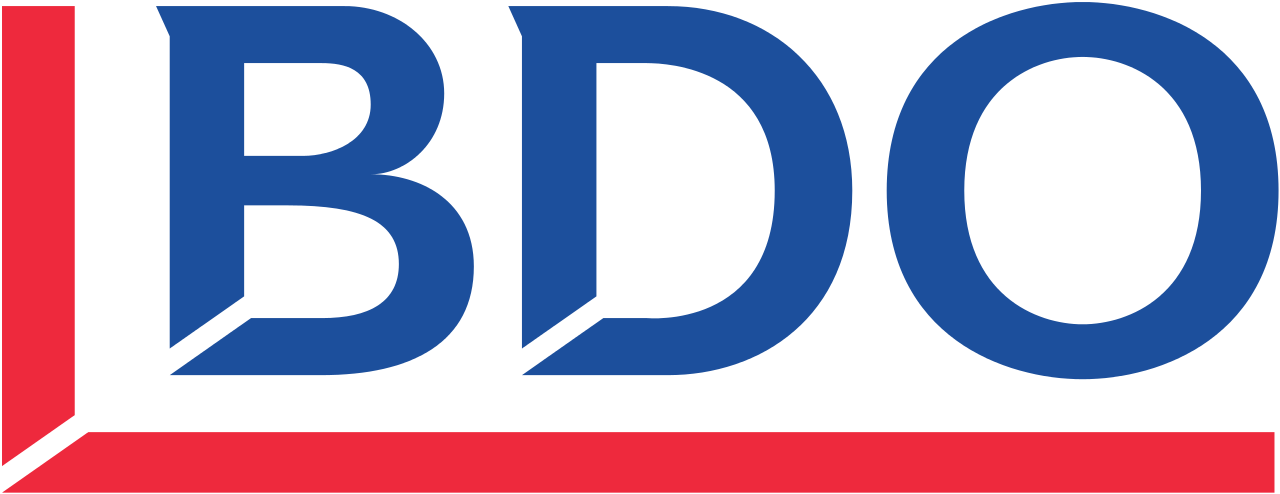Team info
Soft Skill Movement
The challenge
Many organizations, especially in the IT and financial services sector, are facing high staff turnover (HR Community, 2019). In 2020, there were already more than 82,500 vacancies in the IT sector, which shows the shortage of skilled workers this sector is facing (Velzen, 2022). One of the main reasons for the high turnover of employees is the lack of involvement within the team and within the entire organizational culture (Lepaya, 2021). Research shows that 60% of employees have already resigned because of a company culture that conflicted with their personality. There are many costs of losing an employee: dissatisfied customers, loss of expertise, increasing workload for colleagues, loss of productivity, recruitment costs, training costs and the costs of an unmanned position. This can be between €8,000 and €40,000 in costs (First Flow, 2020). In order to save these costs, it is therefore important to find an employee who fits the organizational culture. This means that the employee has the same core values, beliefs, assumptions and behavior as the organization. As an organization you will find these elements in the soft skills of the employee. For example, as an organization you may find it important that everyone gives their opinion during team meetings, or not. Or that each employee independently manages his own projects. Then the employee must also have a great capacity for personal leadership and must be able to give feedback. In order to increase the chance of a cultural match, you as an organization must find the employees who have the soft skills that you consider important. It is difficult for organizations to discover soft skills in applicants. By asking for references, having a small business case done or having conversations, you can not truly uncover how the applicant would react in a real-life business situation. This can then result in a cultural mismatch, leading to the applicant to leave the company after a short amount of time.
The solution
One of the ways to discover soft skills in applicants is through gamification. Gamified recruitment based on serious games is primarily used to test candidates’ ability to make decisions, improvise, analyse situations and propose solutions, among other attributes (Allal-Chérif, 2014); that is, for purposes of selection. These games give organisations a better appreciation of candidates’ behaviour and future work performance (Collmus et al., 2016) and represent a successful approach to stimulating the competitiveness and creativity of new talent (Allal-Chérif, 2014). In addition, gamified recruitment makes faking and cheating more difficult (Armstrong, Landers, & Collmus, 2015). We are developing a serious game, which applicants play during the interview. There are six different modules, which have the capability of bringing out different soft skills, such as leadership, giving and receiving feedback, showing empathy, critical thinking and result-oriented thinking. By proposing to use a serious game we want to help companies be more efficient in their recruiting and allow them to reduce hiring bias, which can positively contribute to diversity & inclusion initiatives. Moreover, by introducing a playful component to the interview, applicants can feel more at ease and show their true selves. This way, we are helping companies while also making a positive societal impact.


.png)

